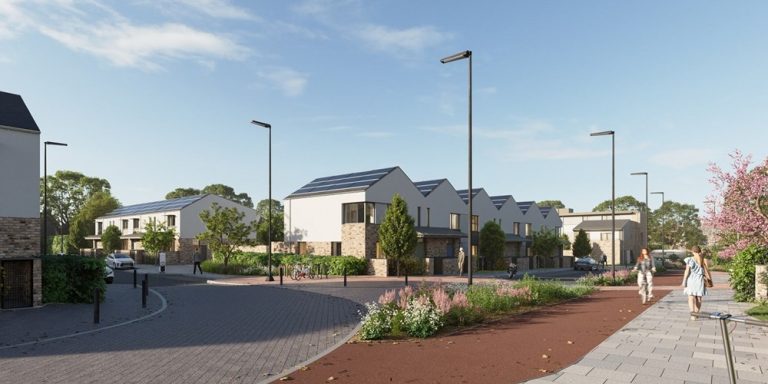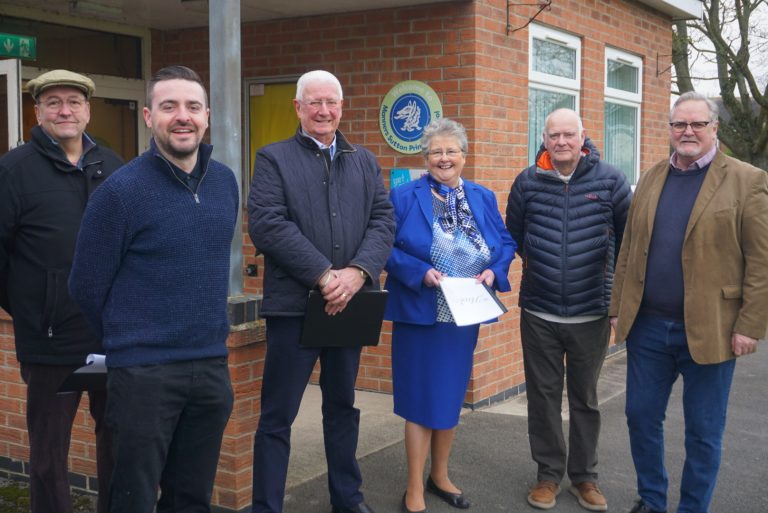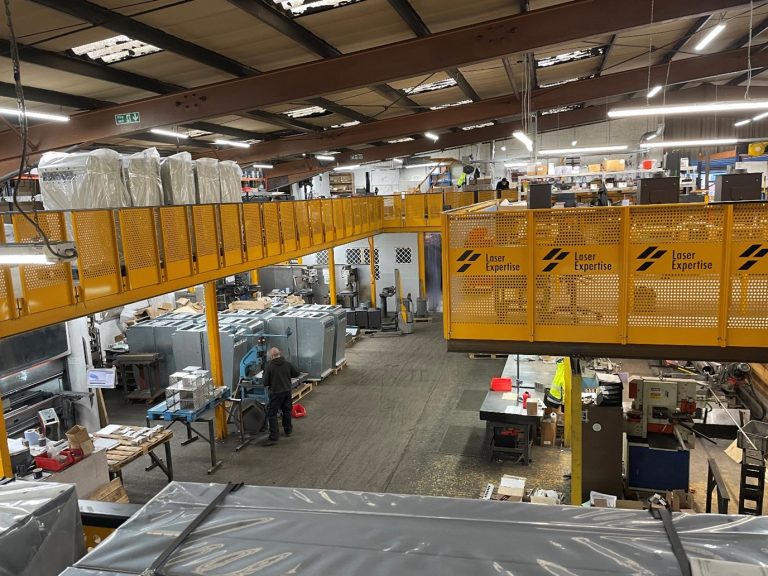The doors to Derby’s historic Market Hall will open again to the public on Saturday 24 May – almost 159 years to the day since its original grand opening.
Visitors will see first hand the results of a multi-million-pound restoration, aimed at preserving the rich heritage of the Grade II-listed building while also introducing modern enhancements.
The Market Hall was officially declared open on 29 May 1866, by Mayor Frederick Longdon, where the occasion was marked with an appropriate inaugural ceremony, including a performance of Handel’s Messiah.
The transformed Market Hall will bring together independent shopping, eating, drinking and entertainment and will offer a variety of new features and experiences for visitors including:
- A carefully curated mix of traditional and themed stalls, including quality fresh produce
- Make and trade stalls and creative spaces
- A cosmopolitan food court and bars
- Events and pop-up activity.
Wates Construction led an expert team of local architects and engineers – including Latham Architects, Rogers Leask, and Clancy Consultants – on the flagship project.
Derby City Council also appointed design consultancy Hemingway Design to help bring alive an ambition to create a building that will be a hub for creatives, makers and traders, building on the city’s heritage of innovation and industry.
The £35.1m transformation, partly funded with £9.43m from the Government’s Future High Streets Fund (FHSF), began with the Market Hall’s iconic cast iron, copper, and glass roof. Designed by Melbourne engineer Rowland Mason Ordish, whose later work included the roof of London’s St Pancras railway station, this distinctive element needed significant repair.
Previously, the Market Hall often had to close to customers if there was a chance of strong winds, snow, or heavy rain in case the glass windows came out of their frames. These windows have now been replaced, and the extensive structural restoration of the roof was finished in August 2022.
The revitalised Market Hall has also been redesigned with accessibility and inclusion at its heart, making it an accessible building for all visitors.
Councillor Nadine Peatfield, Leader of Derby City Council and Cabinet Member for City Centre, Regeneration, Strategy and Policy, said: “I’m thrilled to announce that the historic Derby Market Hall will be reopening its doors on Saturday 24 May 2025.
“The building is a treasure for Derby and its reopening has been highly anticipated by many. This is a historic moment for everyone in the city to be celebrated by all.
“Derby Market Hall will be a flagship, vibrant destination that will attract visitors from across the region and beyond. I am truly excited for the opening event, and I know that visitors will enjoy everything that the revitalised Market Hall has to offer.”
Located at the heart of the city centre, linking Derbion and St Peter’s Quarter with the Cathedral Quarter and Becketwell, the redeveloped Market Hall will play a key role in widening the diversity of the city centre and is expected to generate £3.64m for the local economy every year.
Plans are now underway for an official event to mark the reopening of the Derby Market Hall.











